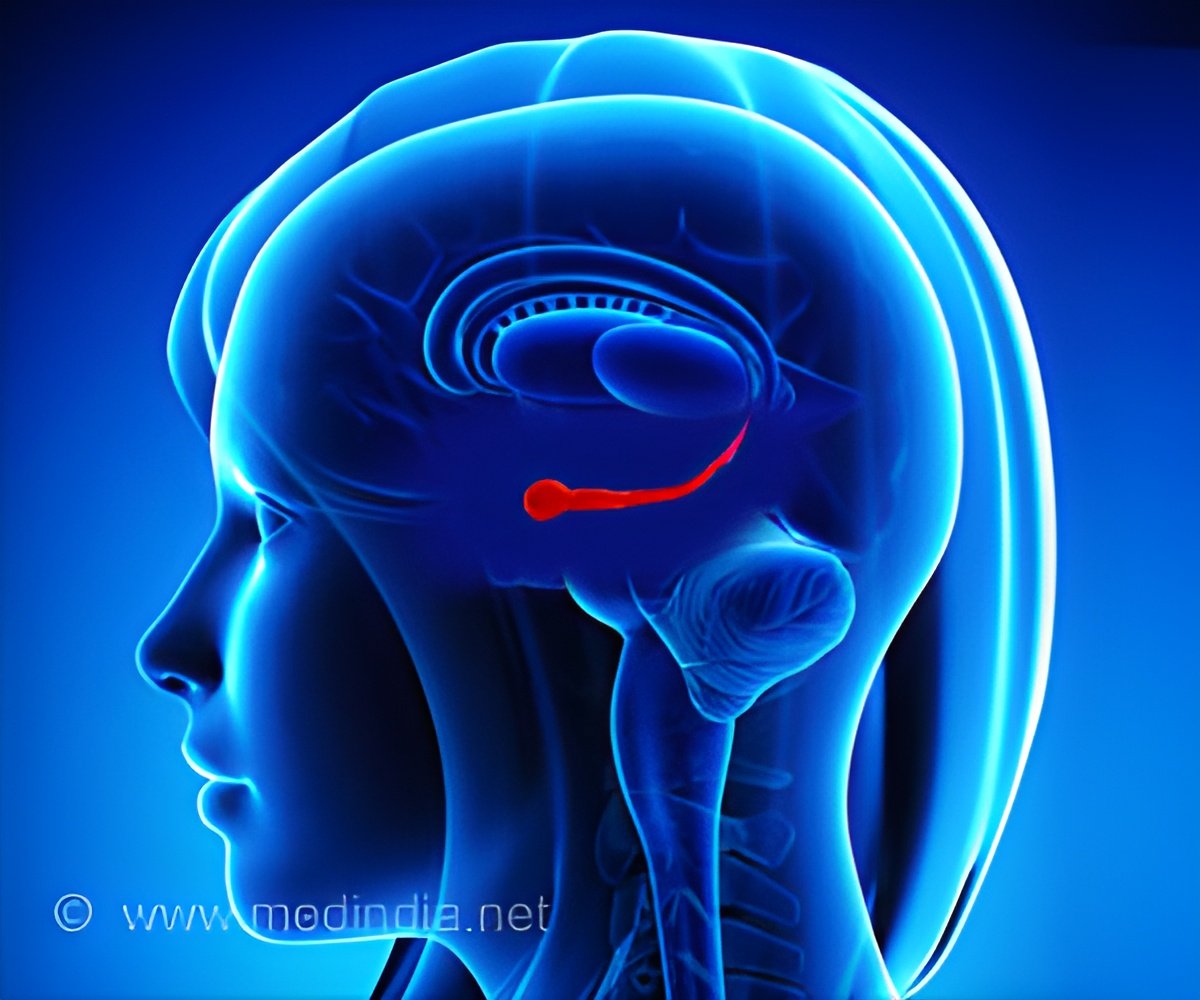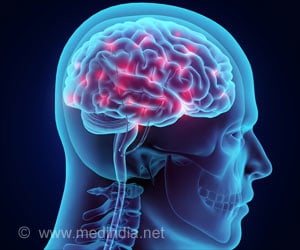Melatonin and two of its metabolites help memories stick around in the brain and shield mice, potentially people, from cognitive decline.

‘Melatonin and two of its metabolites help memories stick around in the brain and shield mice, and potentially people, from cognitive decline.’





The research team was curious about the role of melatonin's metabolites in boosting memory and cognitive decline. "We know that melatonin is converted into N1-acetyl-N2-formyl-5-methoxykynuramine (AFMK) and N1-acetyl-5-methoxykynuramine (AMK) in the brain," explains Hattori, "and we suspected that they might promote cognition."
Study Details and Results
The mice were given doses of melatonin and the two metabolites 1 hour later. Then, researchers tested their memory the next day.
Memory improved after melatonin treatment, and N1-acetyl-5-methoxykynuramine (AMK) was the most effective.
Advertisement
On the novel object recognition task, for young mice, exposure to an object three times a day was enough for it to be remembered the next day .
Advertisement
After administering one dose of AMK 15 min after a single exposure to an object, the older mice could remember the objects up to 4 days later.
Blocking melatonin from being converted into AMK in the brain didn't enhance long-term memory formation.
"We have shown that melatonin's metabolite AMK can facilitate memory formation in all ages of mice," says Hattori.
"Its effect on older mice is particularly encouraging and we are hopeful that future studies will show similar effects in older people. If this happens, AMK therapy could eventually be used to reduce the severity of Mild Cognitive Impairment and its potential conversion to Alzheimer's disease."
Source-Medindia















